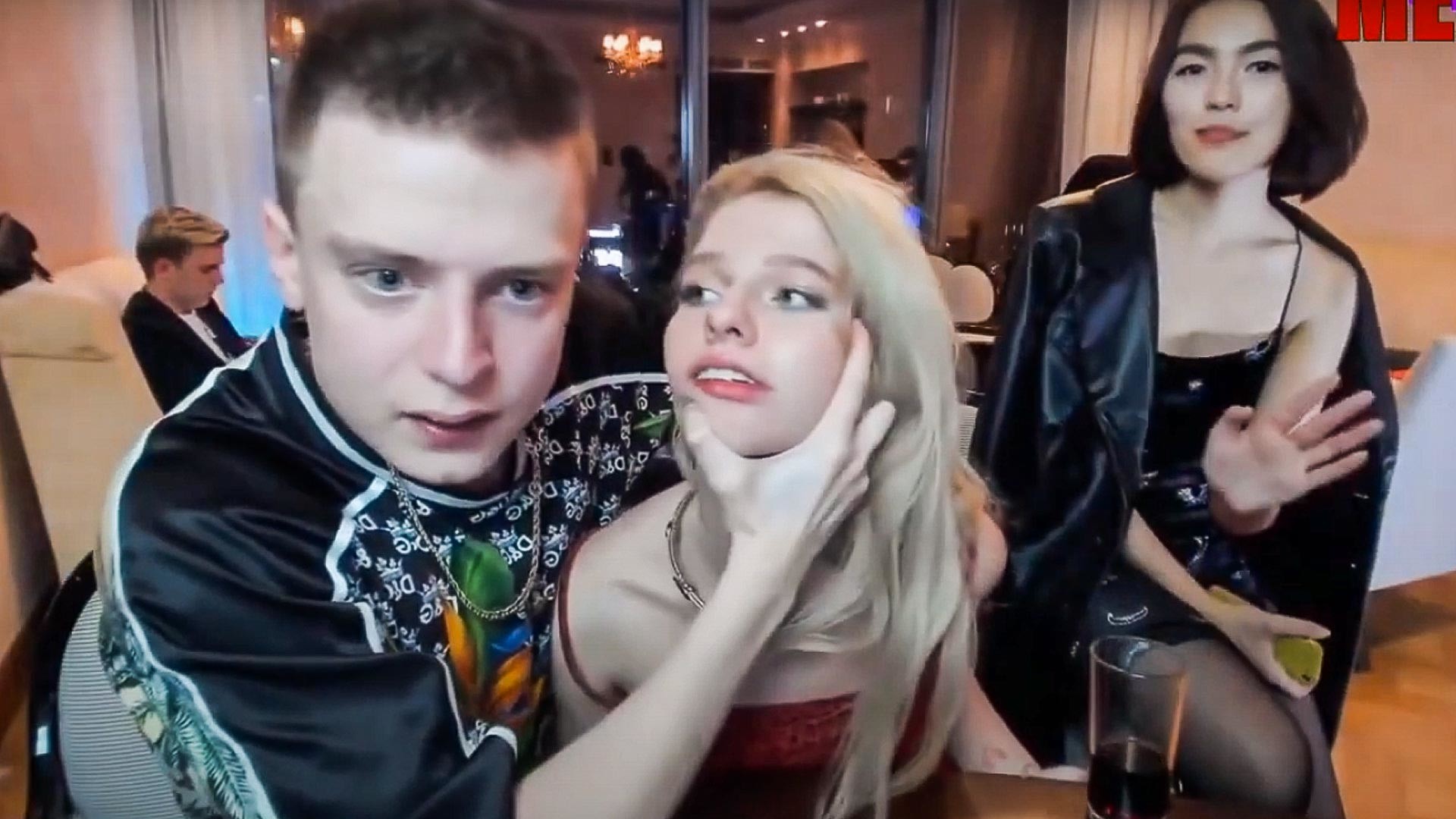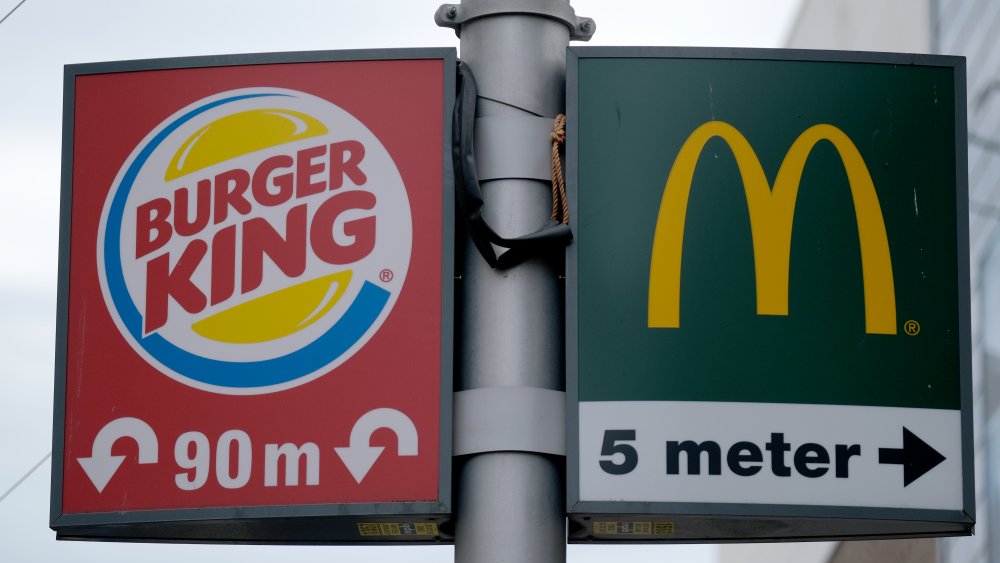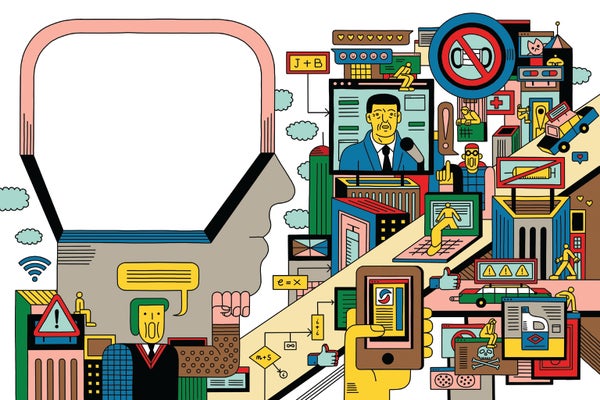Mental models
Well, not the Word, but still!

More mental models
Herostratic Fame
People would rather be hated than unknown.
The “You either die a hero…” quote vibes are strong. One possible example are trash streamers - there were cases of deaths, teeth loss and, definitely, dignity loss.

Hotelling’s law

Competing products tend to grow more alike over time.
Goes surprisingly in hand with Omer Ben Porat’s Anna Karenina principle we’ve mentioned before (The expected average similarity of each agent to all others, is roughly linearly increasing with their competence/success).
Why so? It can be named a particular case of artificial selection, with successful traits being broadcasted and copied/implemented. So yeah, a primordial broth of products where the most fit/adaptable survive 🙃
Reading recession

Right there with grade inflation, a sign of knowledge becoming a product instead of a tool for progressing:

Segal’s law
A man with a watch knows what time it is. A man with 2 watches is never sure.
We’re too drowned in multiple sources of information, fakes, and plain bullshit to decide clearly. I’d deem it as a child of paradox of choice and analysis paralysis. And yeah, analysis paralysis sounds like a thrash metal band name…
And a great tip from AiChe: do visual summaries for your information.

However, this pretty much sums it, too:

Beginner’s Bubble effect
You cannot learn what you think you already know. - Epictetus

A kind of a Dunning-Krueger-esque bias where knowing something about an area gives one an illusion of understanding, authority and clarity.
Another nice illustration:

Benford’s Law of Controversy
Passion is inversely proportional to the amount of real information available.

We tend to fill gaps in information with emotion. We fear what we don’t understand, love what we naively romanticize, etc.
A nice example is mentioned here: COVID/political science/military experts becoming such after a week of Googling, yet creating influencer profiles.

Safetyism
Too much safety and no stress is dangerous. We need a certain amount of stress to impose adaptation.
One example coming to mind is hygiene/allergies and autoimmune diseases, with the famed yet still unproven hygiene hypothesis:

Phronemophobia

Many of us are so eager to avoid ourselves that we’d rather do something harmful than do nothing at all.
Or, as Blaise Pascal elegantly put, “All of humanity’s problems stem from man’s inability to sit quietly in a room alone.”
Links
GFI Alt Protein MOOC
I may definitely have sent this, but it looks good; gonna try it out afterwards.
Skiff
A nice privacy-oriented e-mail service with a custom domain and 10 GB for free.
Liquidation waterfall

An important concept if you’re ever involved in employee stock options, VC or private equity. Basically, one thing that matters a lot is where would your stock be given a company had filed for liquidation or bankruptcy. Another great article with calculations.
Welcome to Teleogenic/Boi Diaries❣️
Other places I cross-post to:
Reuse
Citation
@online{kogan2024,
author = {Kogan, Zakhar},
title = {Mental Models},
date = {2024-01-25},
url = {https://teleogenic.com/posts/240125-mentals/},
langid = {en}
}